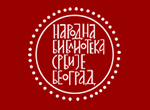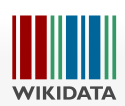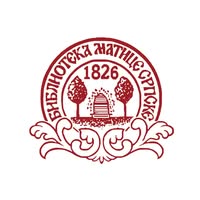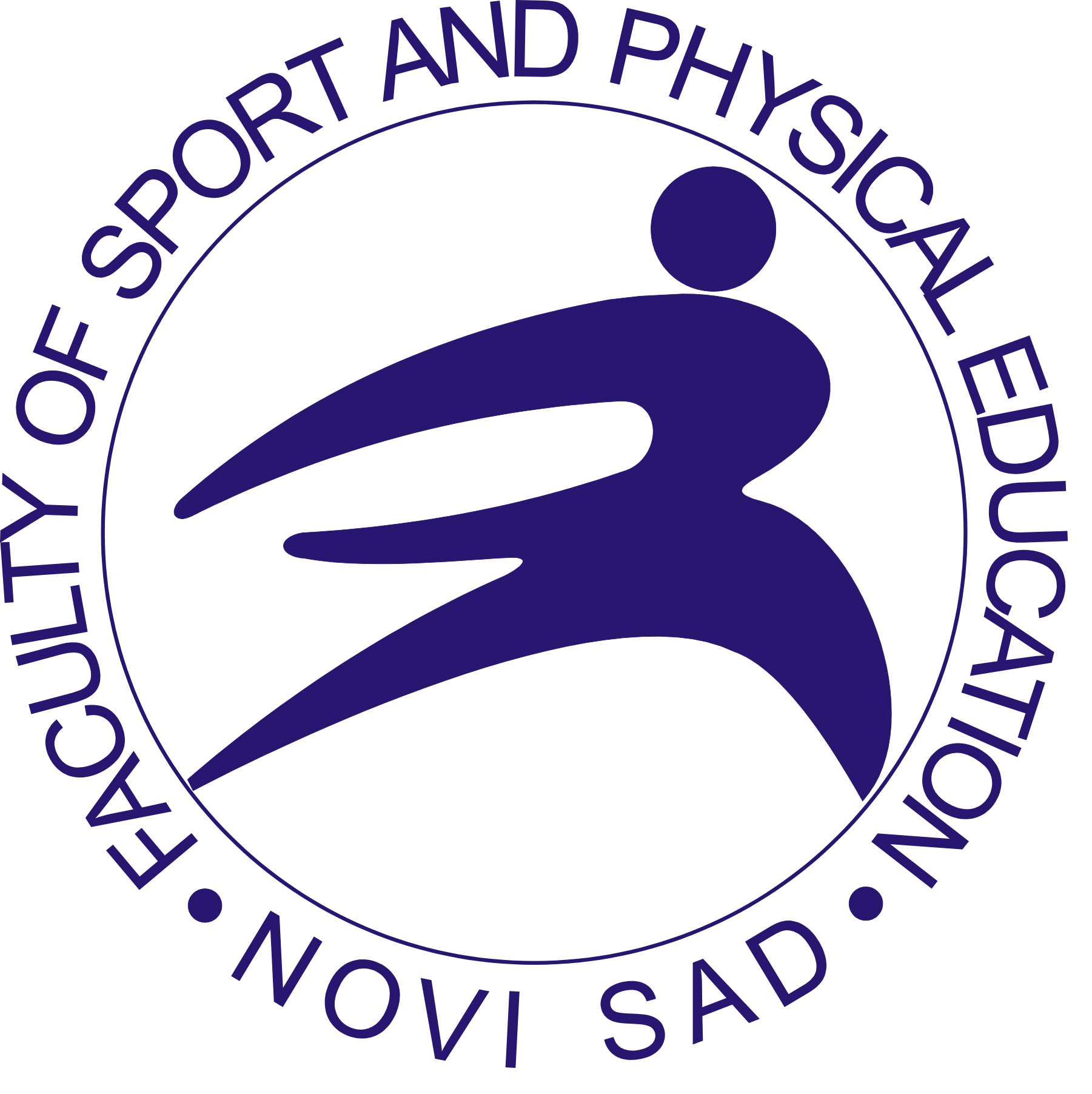
More articles from Volume 14, Issue 2, 2022
Physical activity and its relationship with health-related quality of life in type II diabetics
Effects of CrossFit training program and traditional gym training on morphological characteristics of men
Moving beyond the physical: Exploring the holistic benefits of a therapy-based physical activity program for individuals with Parkinson’s disease
Chokeberry juice affects membrane lipid status and cellular antioxidant enzymes in healthy women with aerobic training activity
Hip-hop from dancers’ viewpoint: Dance, lifestyle, and/or subculture?
Citations

3

Joanna Ruszkowska, Wojciech Drygas, Magdalena Kwaśniewska
(2024)
The Influence of Berry-Derived Polyphenol Supplementation on Exercise-Induced Oxidative Stress and Cardiovascular Health in Physically Active Individuals
Antioxidants, 13(12)
10.3390/antiox13121561
Nevena Vidović, Ana Pantović, Vuk Stevanović, Ivana Šarac, Kristina Robal, Stevan Stevanović, Maria Glibetic
(2022)
Chokeberry juice affects membrane lipid status and cellular antioxidant enzymes in healthy women with aerobic training activity
Exercise and Quality of Life, 14(2)
10.31382/eqol.21204
Deniz Gunal-Koroglu, Gulay Ozkan, Tugba Ozdal, Senem Kamiloglu
(2025)
Berry Fruits
, ()
10.1016/B978-0-443-16011-0.00004-3Chokeberry juice affects membrane lipid status and cellular antioxidant enzymes in healthy women with aerobic training activity
 ,
,
University of Belgrade, Institute for Medical Research, National Institute of Republic of Serbia, Centre of Research Excellence in Nutrition and Metabolism, Belgrade, Serbia
 ,
,
University of Belgrade, Institute for Medical Research, National Institute of Republic of Serbia, Centre of Research Excellence in Nutrition and Metabolism, Belgrade, Serbia
 ,
,
University of Belgrade, Institute for Medical Research, National Institute of Republic of Serbia, Centre of Research Excellence in Nutrition and Metabolism, Belgrade, Serbia
 ,
,
University of Belgrade, Institute for Medical Research, National Institute of Republic of Serbia, Centre of Research Excellence in Nutrition and Metabolism, Belgrade, Serbia
University of Belgrade, Institute for Medical Research, National Institute of Republic of Serbia, Centre of Research Excellence in Nutrition and Metabolism, Belgrade, Serbia
Harokopio University, School of Health Science and Education, Department of Nutrition and Dietetics, Athens, Greece

University of Belgrade, Institute for Medical Research, National Institute of Republic of Serbia, Centre of Research Excellence in Nutrition and Metabolism, Belgrade, Serbia
Abstract
The present study examined the effects of aerobic training alone or combined with chokeberry juice on membrane lipid status and activities of antioxidant enzymes in non-athlete women. Participants were randomly assigned into the training group performing aerobic training three times per week; the chokeberry-training group followed the same training regime and additionally consumed 100 ml of chokeberry juice per day and the control group neither trained nor consumed the juice. Blood samples were collected at baseline and the end of the eight-week-long intervention. Membrane fatty acids’ composition was analyzed by gas-liquid chromatography, while the activities of antioxidant enzymes were measured by spectrophotometry. As a result, the n-3 fatty acids’ content was significantly higher in the chokeberry-training (median (interquartile range) of 5.96 (1.65) %) compared with the control group (5.12 (0.87) %), while saturated fatty acids’ content was lower in the chokeberry-training (40.14±1.19 %) than in the training group (42.59±2.29 %). We detected significantly higher activity of superoxide dismutase in the training (2224 (2170) U/gHb) compared with the chokeberry-training (1252 (734) U/gHb) and control group (1397 (475) U/gHb). Our study indicates that supplementation with chokeberry juice may induce favorable changes in cell fatty acid composition and antioxidant response in women performing aerobic training.
Keywords
References
Citation
Copyright

This work is licensed under a Creative Commons Attribution-NonCommercial-ShareAlike 4.0 International License.
Article metrics
The statements, opinions and data contained in the journal are solely those of the individual authors and contributors and not of the publisher and the editor(s). We stay neutral with regard to jurisdictional claims in published maps and institutional affiliations.
























